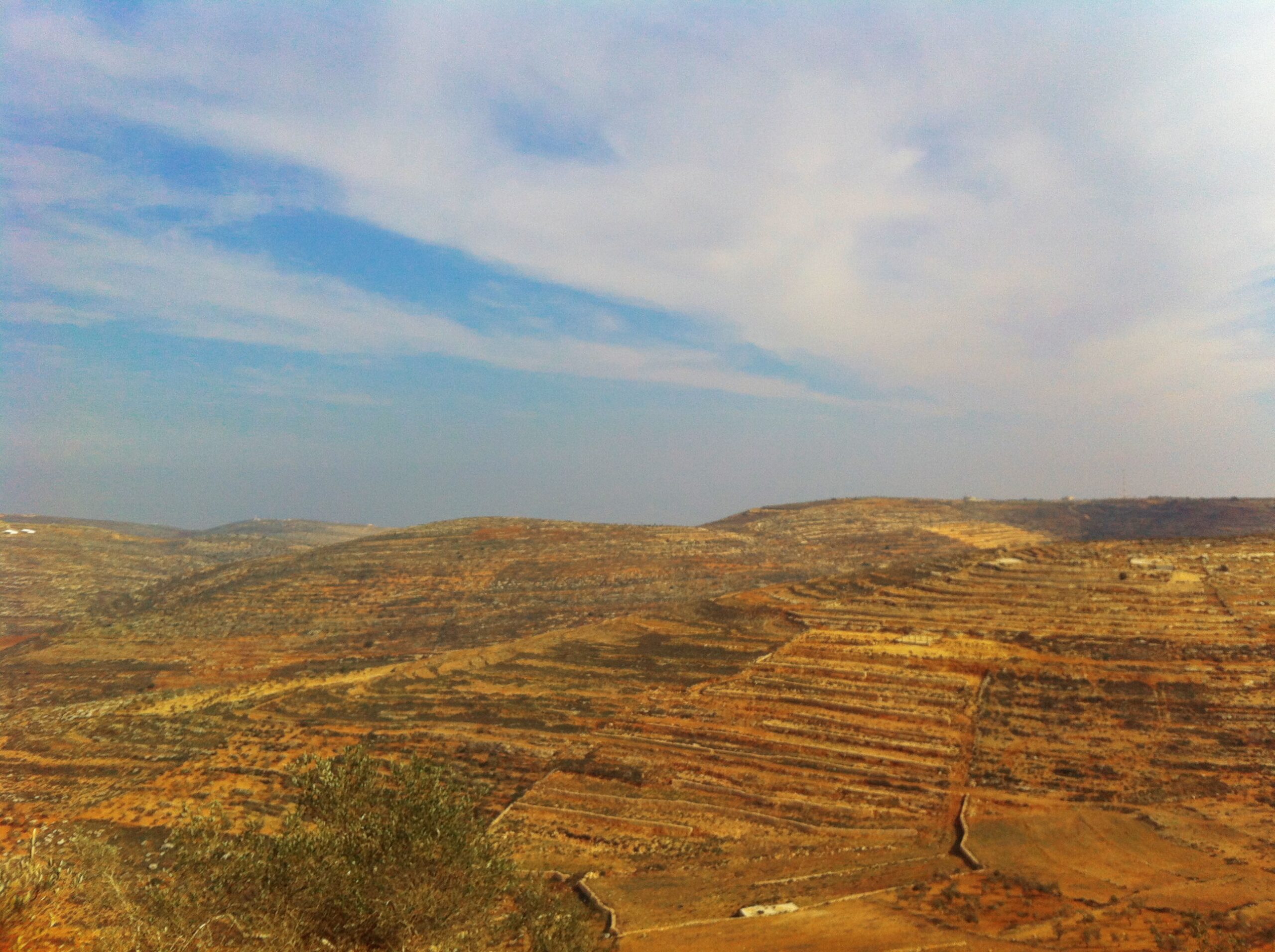Introduction
Gone are the days when religion and cultures were considered as a uniting force. Those days are long past when human civilization used to come together for the collective good and imbibe the feeling of brotherhood all across. Yes, it is very true that religious battles have their own way of shaping history and mankind, but the mutinies to exercise control, gain power and attain supremacy have never reaped any benefits to mankind. As a result, the religious mutinies have always been marked as a bold black blot on the human calendar, whether it’s the Babri Masjid demolition, Abyssinia-Somali conflict, Yugoslav Wars etc.
Palestine-Israel conflict is a never-ending and ever-growing ethnic conflict in modern history. And as with any other religious conflict, the two parties here belong to different ethnic groups. Israel is the world’s only Jewish majority state located on the Eastern side of the Mediterranean Sea. Palestine homes the Arab Muslim population that hails from the lands which now Israel has the reigns of. So, the basic contest between the two ethnicities is for Palestine to regain control of the land of their origins and incorporate with the current territory, while Israel refuses to bend down and tends to keep control of the said land.
History
The century-old conflict rests upon the only similar vested interest of both ethnicities – the thirst for control. Though both Israeli Jews and Palestinian Arabs exert their claims on the disputed piece of land, the current infamous political conflict began in the 20th century. The Jews fleeing from persecution in Europe during the Holocaust of World War 2 to Israel and wanting to establish a national homeland in the Arabic majority territory of the Ottoman Empire gave rise to the current political disturbance. The Arabs of the Ottoman empire resisted giving up the land as they believed that it rightfully belonged to them. As a result, the conflict grew manifold and was brought up in the international circuit. The United Nations in 1947 even suggested a plan to give each group a part of the land by splitting Palestine into separate Jewish and Arab states, but it was outrightly rejected and never saw the light of the day. The spiteful conflict further developed and resulted in two major wars which paved the way for the current political disturbance – the war of 1948 and 1967. The war of 1967, in particular, is massively responsible for todays’ conflict as it resulted in Israel having control of the West Bank and Gaza strip that used to form a major part of the Palestine map and homed a large Palestinian-Arabic population.
The aforementioned regions of Palestine are nominally being controlled by the Palestinian government but have been occupied by the Israeli Jews. This unwanted homogeneity has resulted in a barrage of habitation of Israeli troops who have abled the Israeli ‘settlers’ in enforcing their own security restrictions on the Palestinian soil. And the restrictions have been so notoriously strengthened and increased that the new ‘settler’ community expansions have built an impenetrable protectionist wall denying land and its emoluments to the West Bank Palestinians. In addition, Gaza, which is another significant aspect of the modern troubles in the Israel-Palestine issue, has always been under the control of Hamas which is an Islamic Fundamentalist party. However, Hamas sorrily falls under the Israeli blockade and therefore the territory of Gaza suffers.
Recent Developments
With Israel capturing the East Jerusalem and West Bank, Palestinian refugees and their descendants live at local shelters in Gaza as well as in the neighbouring areas of Jordan, Syria and Lebanon. The refugees are rather held as hostages by the Israeli ‘settlers’ as they are not allowed to return to their homes and families. The local Israeli troops remark that sending the refugees back to their homes will overwhelm the country and threaten their Jewish-state existence.
Israel still holds onto the West Bank but has pulled out of Gaza during the course of the few preceding years. Despite taking off the control from Gaza, the impact was of such great stature that the United Nations still regards that piece of land as the Israel-occupied territory. Furthermore, Israel claims the whole of Jerusalem as its capital, with the USA concurring the same. However, Palestine has refuted the claims and asserts that East Jerusalem is the capital of the future Palestinian state.
It has been 50 years since Israeli troops have entered Palestinian soil and have built settlements where 600,000 Israeli Jews now live. While this appears to be an international law violation, the Israeli convention has refuted the legal accusations and have stated that the territory is their birthright and hence they are not in the wrong.
Present Situation
Tensions between the two ethnicities are at an all-time high. The two parties in conflict are at each other’s throats. While Palestine has blamed Israel for their human and infrastructural loss, Israel has justified its actions by calling them preventive measures. Many instances of sheer violence and bloodshed have surfaced in the world forum with each such case turning worse than the predecessor. The recent incident has further shamed down the global mankind as 219 people lost their lives out of which, 69 were innocent children. The statistics issued by the country’s local medical service says that 2 out of every 10 dead individuals are kids, which testifies to the extremely sorry state of affairs.
The situation does not seem to be headed to an amicable resolution any time soon. The recent peace plan articulated during Donald Trump’s reign was agreed upon by Israel’s Prime Minister but was dismissed by the Palestinians. Both the parties necessarily have to be on the same page in order to lay out a full-proof functioning peace deal.

